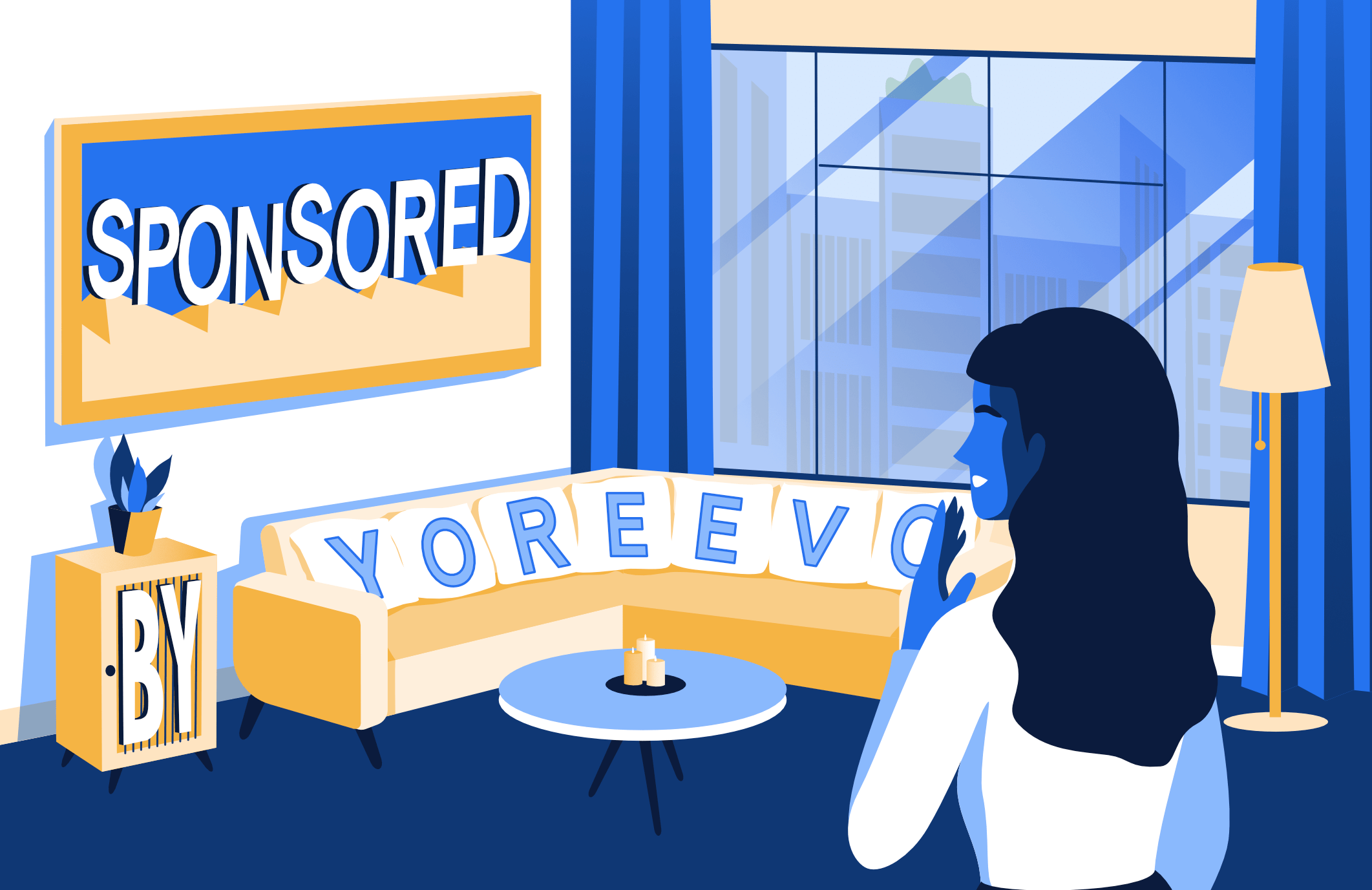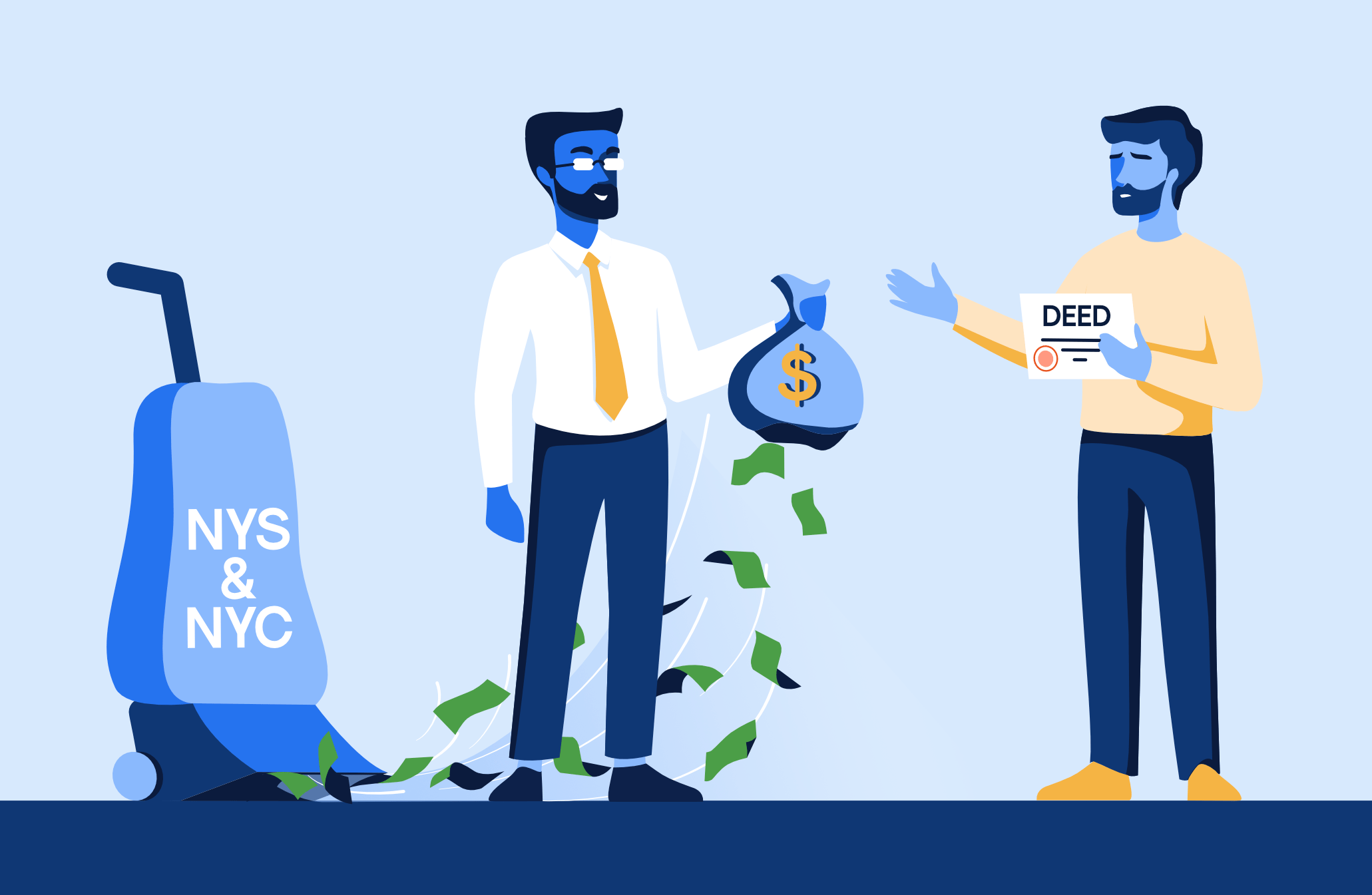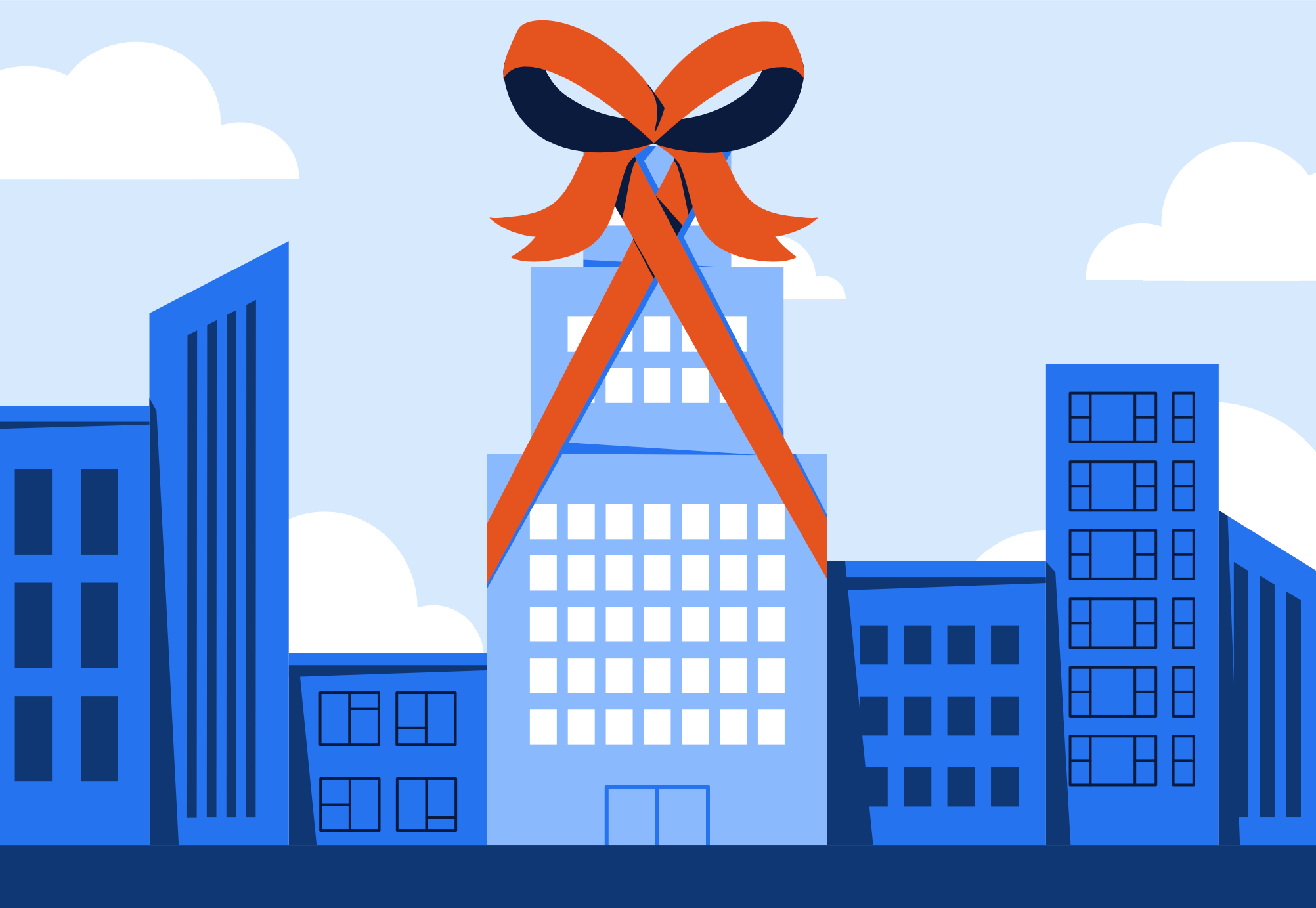What is a sponsor unit?
The term “sponsor unit” in NYC usually refers to a co-op apartment that is being sold by the sponsor. The sponsor is the person or entity who originally owned and converted the building from rental units to a co-op.
When you buy a sponsor unit, you’ll often hear that you’re buying “unsold shares.” Not surprisingly, this means you’re buying shares that have never been sold before as the original sponsor has held them since the creation of the co-op.
It's very important to note sponsor units are only sold once. The sponsor’s rights do not transfer with the unit. A particular apartment is only sold as a sponsor unit once in its life.
"Sponsor" can also refer to the developer or seller of new development. For this article, we will be focusing on co-ops.
Advantages of a sponsor unit
If you’re buying a New York City sponsor apartment, the big advantage is no board approval. If you have the money, you can buy the unit. It’s as simple as that. Only your lender's financial requirements matter, not the co-op's. This makes them good candidates for first time buyers who may not have the down payment, income or liquidity typically necessary to buy a co-op.
Skipping the board approval process also means you’ll close about a month faster as there is no application or board interview.
Disadvantages of a sponsor unit
The main disadvantage of a sponsor unit is higher buyer closing costs. Similar to new construction, the sponsor will expect you to pay the transfer taxes and for their real estate attorney. These are negotiable but when you’re viewing a sponsor unit, you should be aware the asking price is actually about 2% higher.
While not a huge difference on price, it can significantly increase the cash required to close.
Sponsor units also have a tendency to be in “estate condition” or “original condition.” Both of those are euphemisms for being in bad shape. When rental buildings converted to co-ops 40-50 years ago, some tenants were given the option to continue renting. When those units eventually come to market, they often haven't had any work done in decades.
What does no board approval mean?
No board approval means exactly what it sounds like - the board does not need to approve your purchase. Normally the co-op board will review your lengthy application and make sure you meet their financial requirements.
These requirements are usually a minimum down payment, maximum debt to income ratio and certain amount of post closing liquidity. Most co-ops will look for 20% down, a debt to income ratio under 25% and 1-2 years of post closing liquidity.
This lack of board approval enlarges the buyer pool. For example, if someone can only afford to put 10% down, sponsor units are still an option. Foreigners or those looking for a pied-a-terre are also eligible since they don't have to worry about any building restrictions.
Can you rent out a sponsor unit?
Once you buy a sponsor unit in a co-op, you are required to follow the same rules as everyone else. That includes the building’s “sublet policy” which is co-op speak for renting out an apartment.
This is an important distinction. While you can skirt the co-op’s rules on the way in, sponsor rights do not survive the transfer. You will be an ordinary shareholder after you purchase the apartment and subject to the same subletting policy as everyone else.
Yoreevo recently encountered an apartment where the sponsor was a corporation (which is common). However there was only one unit left so the seller offered to sell the corporation to our client instead of the shares. In this unique scenario, the sponsor's right would transfer so the buyer would not be subject to the sublet policy and could sell as a sponsor unit down the road. However this was deemed too risky as the buyer would also be buying any potential liabilities the company may hold.
Where can you find a sponsor unit?
Sponsor listings can be found online just like any other apartments. On StreetEasy, you can filter by sponsor units but you’ll also want to select co-ops. Otherwise, you will end up with mostly new development units.
Do sponsor units cost more than resale co-ops?
Sponsor units in a co-op will cost a little more than a normal resale because the buyer pool is larger. For example, if the building does not allow pied-a-terres, a sponsor unit will have access to all the regular buyers plus pied-a-terre buyers as well.
The quick and guaranteed closing also gets a premium from buyers. And of course, higher closing costs will also push up the price.
A sponsor unit is like a hybrid of a condo and a co-op. It’s a condo when you’re buying without its board approval but once you’ve bought, it’s just a normal co-op. The pricing will also be in between the two as well.



